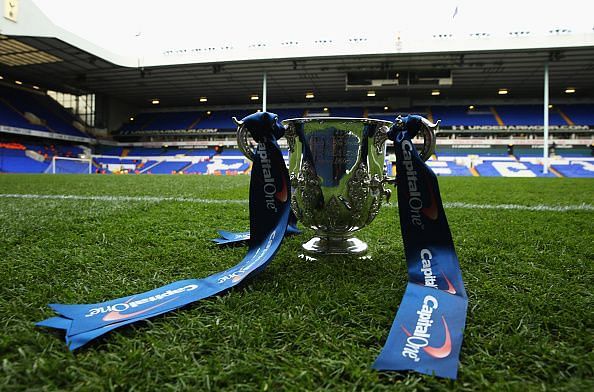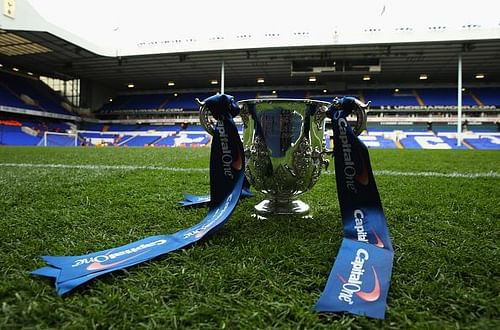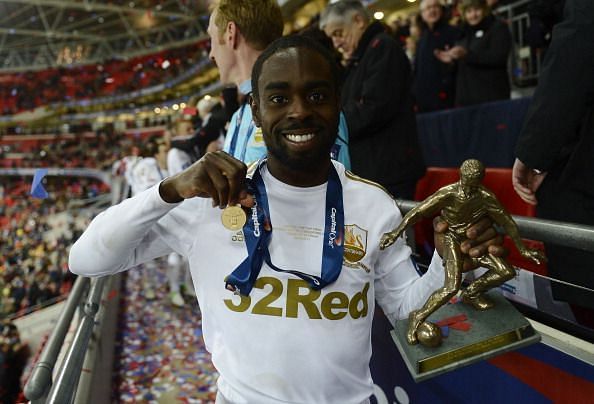
5 reasons why the EFL/Carabao Cup is good for English clubs

The EFL Cup, or Carabao Cup, as it is known due to sponsorship reasons, returned this week for the fourth round. Notably, three of these clashes are between Premier League clubs, that will be played over these 2 days in the Carabao Cup.
The Championship clubs who are left in the competition are all in good form, barring Middlesbrough, who are on a bit of a slowdown after drawing a few games.
This means that all teams involved in the competition have a difficult assignment to survive in the competition in addition to Premier League/Championship and Europe. The Carabao Cup has often been criticised for being an excessive indulgence by the Football League and a distraction to the bigger clubs.
The criticism, though, has not distracted the EFL or sponsors who continue to fund the tournament from different corners of the globe.
The last three sponsors of the EFL Cup or 'mickey-mouse cup' as it is nicknamed by some fans, include Capital One - a USA based Commercial bank, Moors Coors Brewery who sponsored it as the 'Carling Cup' and now Carabao, a Thai energy drink.
The competition has been mocked for the many advertisement opportunities it provides sponsors with. Fiascos over the Carabao's cup draw, earlier this season, were highlights of the 'much-ado about nothing' attitude that is carried.
However, away from all the controversy and disinterest showed by bigger clubs, who often field weakened teams, the EFL Cup is a very good competition for English football.
Here are 5 reasons that tell us how and why the cup is not a bad idea at all:
#5 Chance to win silverware and glory

The first part of this countdown is as simple and straightforward as they come - success. Whether managers like to admit it or not, most of them end up taking cup success very seriously. It is, after all, very rare to have footballers and coaches only in it for the money or so we think anyway.
Fans love cup success. Often, a rival club's fans poke fun at supporters for celebrating with a League Cup win, but they would almost certainly swap positions if it means their club gets to take a cup.
Last season for instance, Liverpool fans dismissed Manchester United's achievements of winning the EFL Cup and Europa League double, but were themselves horrified after their side lost to Southampton in the EFL Cup semi-final and would have bitten their hands off to have seen the Reds do a similar double.
The EFL Cup presents an opportunity for the success-starved sides in the league to push up and get a share of the glory by winning a major domestic trophy. Some smaller clubs that have won the cup in recent years and enjoyed their success include Swansea City and Birmingham City.
Though the big 5-6 clubs field their bench strength, it seems to be enough for them to rake in some more trophies and save otherwise disappointing seasons - case in point Jose Mourinho and Manchester United.